Even the world’s best democracy isn’t perfect
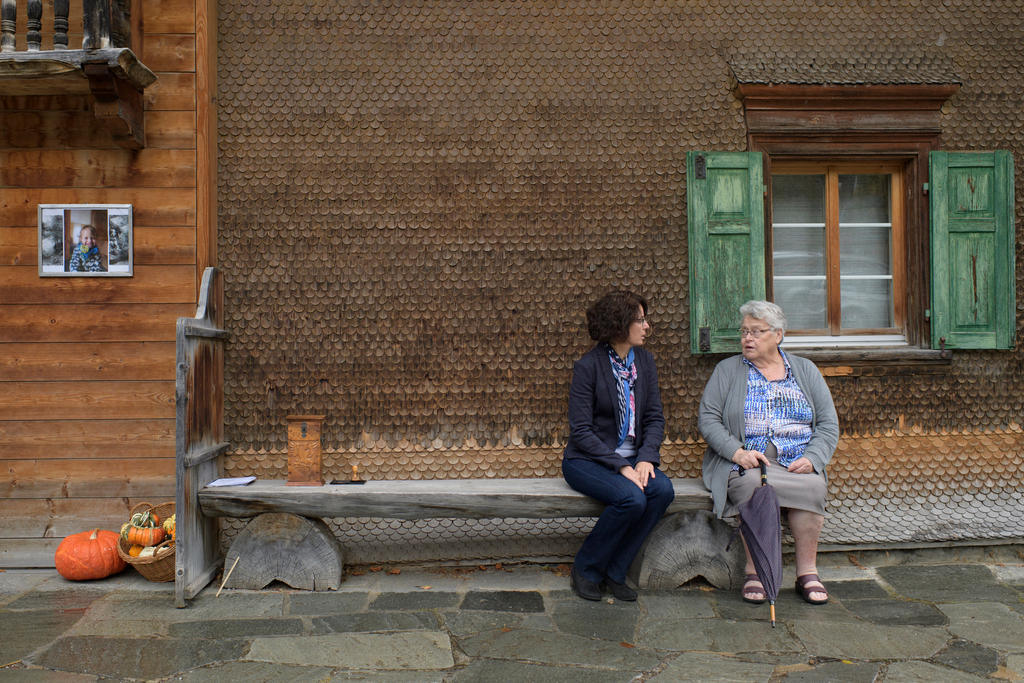
Switzerland’s system of direct democracy is admired by many, and it is often held up as a model for others. But even a country which to a certain extent invented citizen’s rights doesn’t get it right the whole time.
Switzerland has been called a gold standard for direct democracy. But did you know, for example, that…
…the government and parliament sometimes blatantly disregard the wishes of the people?
One example is the current discussion about Daylight Saving Time, that is putting the clocks forward an hour for summer and back for winter. European Commission president Jean-Claude Junker wants the practice to end, which could call time on the issue in Switzerland as well. Parliament approved the law on Daylight Saving Time in 1977. A group of farmers successfully challenged it and won a subsequent nationwide vote in 1978.
But the people’s vote was never implemented because the government and parliament introduced a new bill on the issue in 1980 – and this time nobody wanted to veto it. So Switzerland has had Daylight Saving Time since 1981, against the will of the people.
…Parliament can do as it pleases?
Can you imagine a constitution that says it is not valid? That is the case at least in part of the Swiss constitution. Article 190 says that federal and international laws are binding in Swiss courts but not the constitution. That means that in certain cases the courts must apply a federal law, even if it is against the constitution.
Here’s a made-up example: parliament makes military service for women compulsory by law. A woman goes to court and argues that military service for women as set out in this new law goes against the constitution. In article 59, paragraph 2, it states that military service is voluntary for Swiss women. The court would have to tell the woman that in theory she is right, but that she still has to pack her army kit and go to the barracks.
…a vote can be completely worthless?
It is often forgotten that the cantons have sovereignty in Switzerland. People have their say later. The cantons decide how the government and parliament are elected. This can be used by established political parties to keep the competition at arm’s length.
How is this done? By the majority system – majority voting – as well as having small constituencies with only a few seats up for grabs. Outsiders have virtually no chance of getting in. For three seats you need more than 30% of the votes, so the top dogs remain just that. You might just as well throw your vote for a small party into the bin as into the ballot box.
The Federal Court has already forced six Swiss cantons to introduce proportional representation. They have fought back with a cantonal initiative to regain their full sovereignty over the electoral system. The Senate, which is made up of cantonal representatives, has approved the proposal. The House of Representatives will look at the issue this autumn.
…Switzerland is an oligarchy?
Christoph Blocher made a fortune with a chemicals company – his family is worth CHF11.5 billion ($11.9 billion) and comes in at tenth place on the list of the super-rich in Switzerland. The tycoon also led the conservative right Swiss People’s Party to success. Since 1999 it has been the strongest party in Switzerland and Blocher the most influential politician in Switzerland of the past 25 years.
A factor in this success: Blocher is both the chief strategist and sponsor of the party. Nobody outside the party knows just how much of Blocher’s money has gone into the party’s vote campaigns. And this is all totally legal. Party financing is a foggy area in Switzerland. A people’s initiative has been launched calling for more transparency in the area of political donations.
But back to Blocher and an anecdote from a Swiss political expert who has just been explaining Swiss democracy to a Chinese delegation. “What kind of democracy is Switzerland if the richest man can buy a political party?” someone asks.
… that the Swiss population had to fight hard to get its democratic rights back after the Second World War?
Scroll back 60 years and you will see that Switzerland was on its way to becoming an autocracy. You don’t believe it? Then look to August 30, 1939, almost the same time as the Second World War broke out, when the Swiss parliament granted unlimited authority to the government. The government’s powers increased throughout the war due to an emergency law, and this state of affairs would have continued afterwards if it had been up to the government and the centre- and right-leaning parties.
The Swiss people had no other choice than to fight to re-establish their rights, with the aid of a people’s initiative. This was accepted on September 11, 1949. The “regime of full powers” (Vollmachtenregime) only came to an end in 1952.
To debate some of these issues in more detail, swissinfo.ch journalist Renat Kuenzi discussed democracy, autocratic regimes and the rise of populism in a live discussion on Facebook with experts Anna Lührmann and Parag Khanna.
This text is part of #DearDemocracyexternal link, a platform on direct democracy issues, by swissinfo.ch. Contributors, including outside authors, frequently share their views. The opinions expressed here are not necessarily those of swissinfo.ch.

In compliance with the JTI standards
More: SWI swissinfo.ch certified by the Journalism Trust Initiative
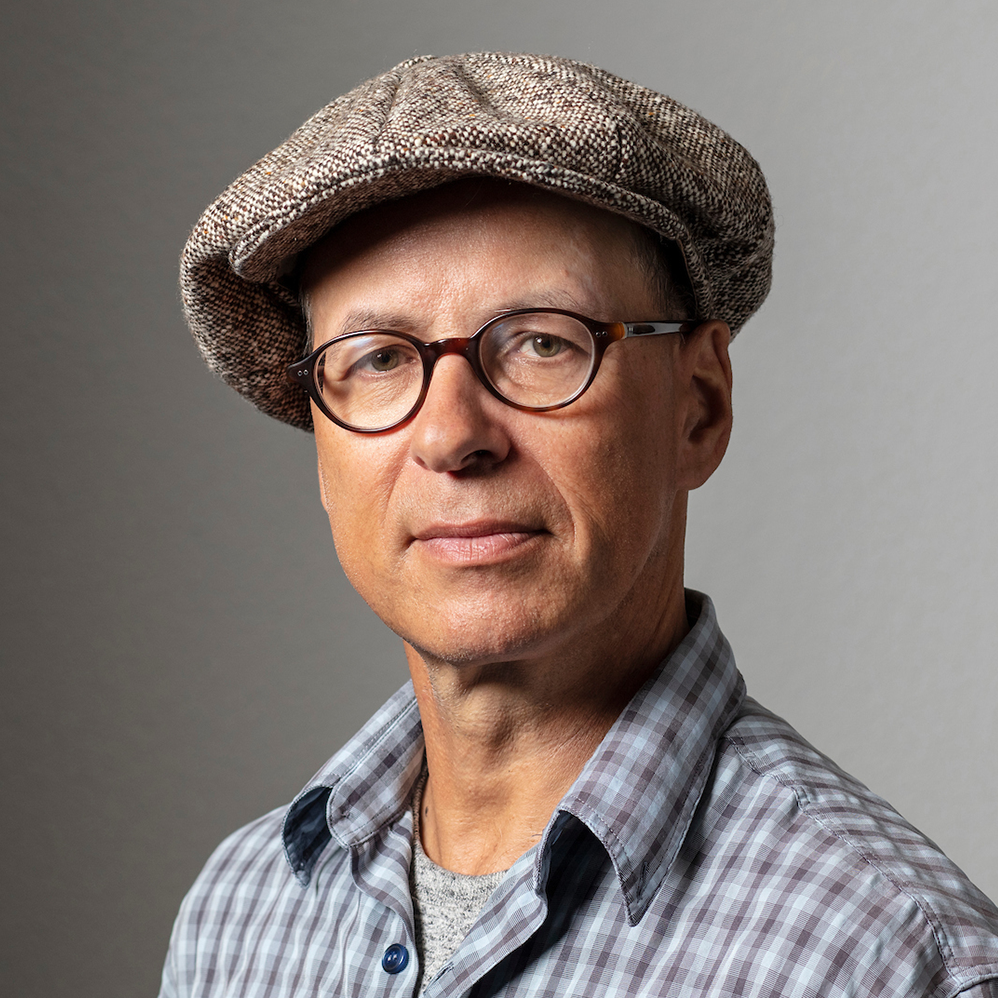

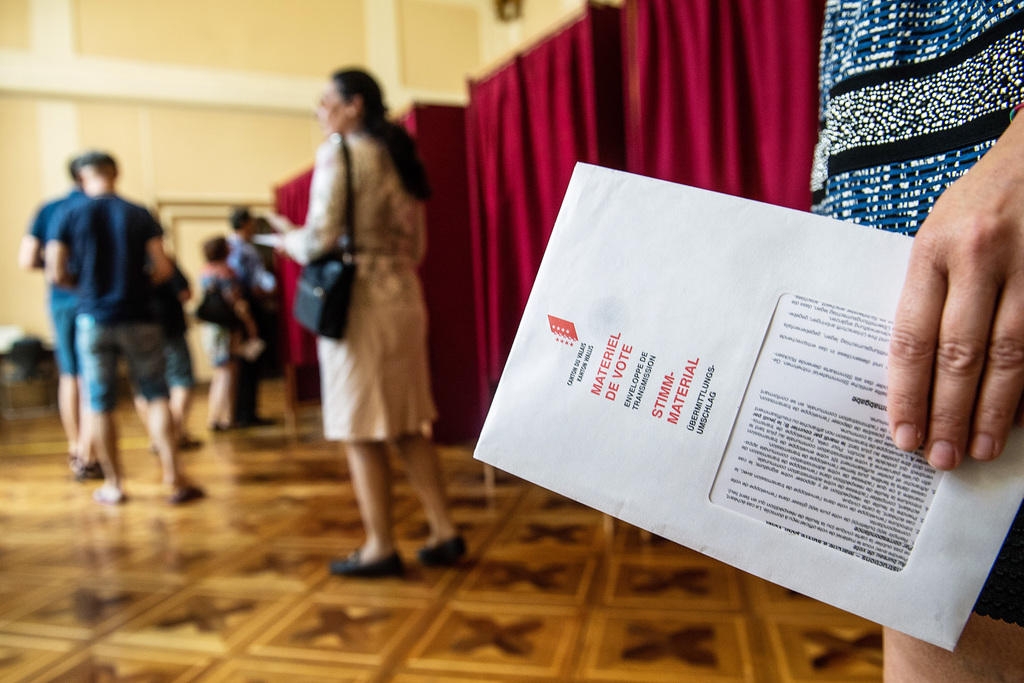
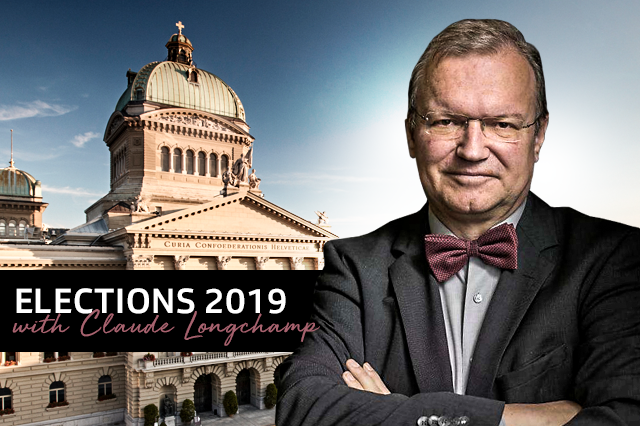
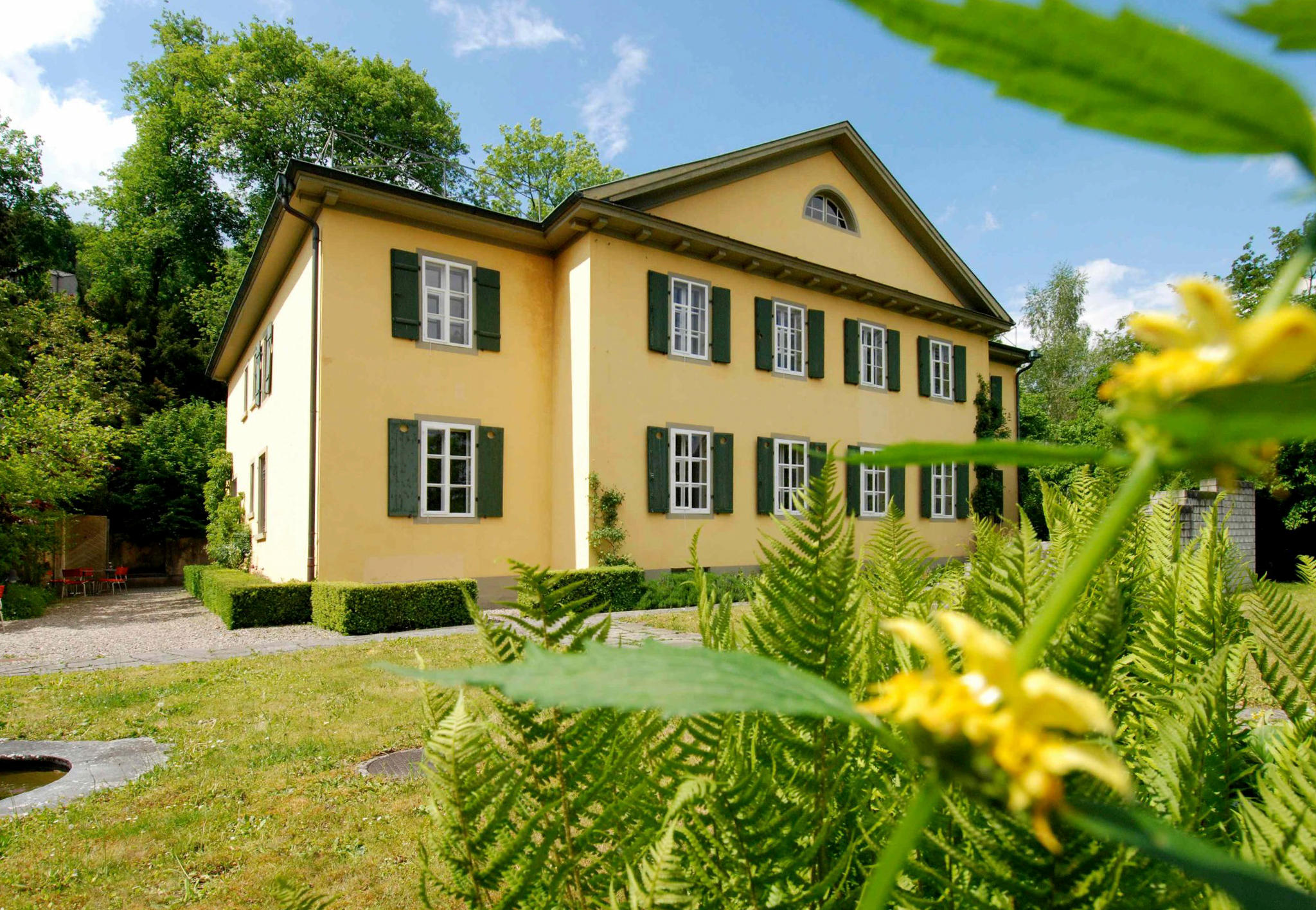

You can find an overview of ongoing debates with our journalists here. Please join us!
If you want to start a conversation about a topic raised in this article or want to report factual errors, email us at english@swissinfo.ch.